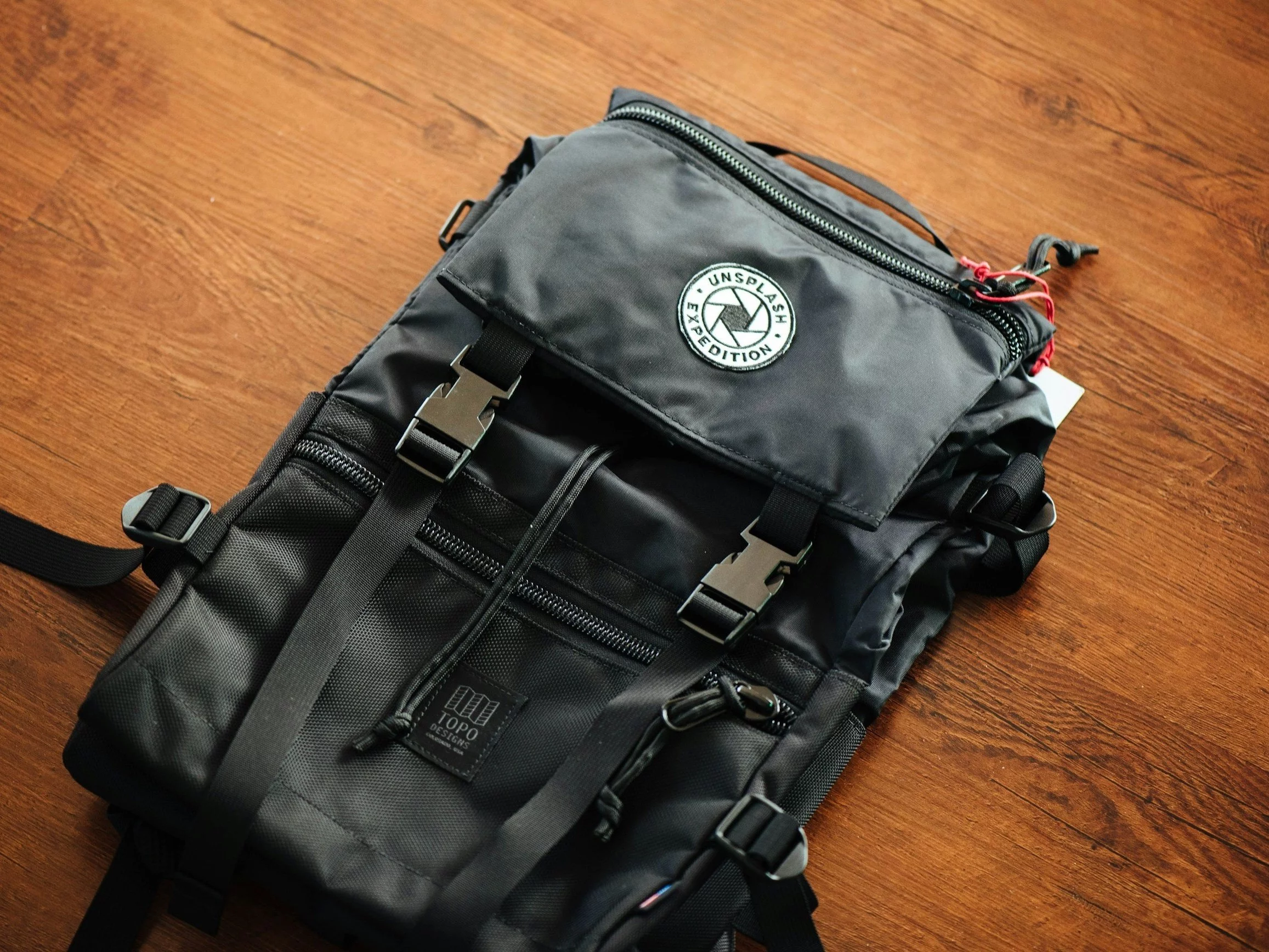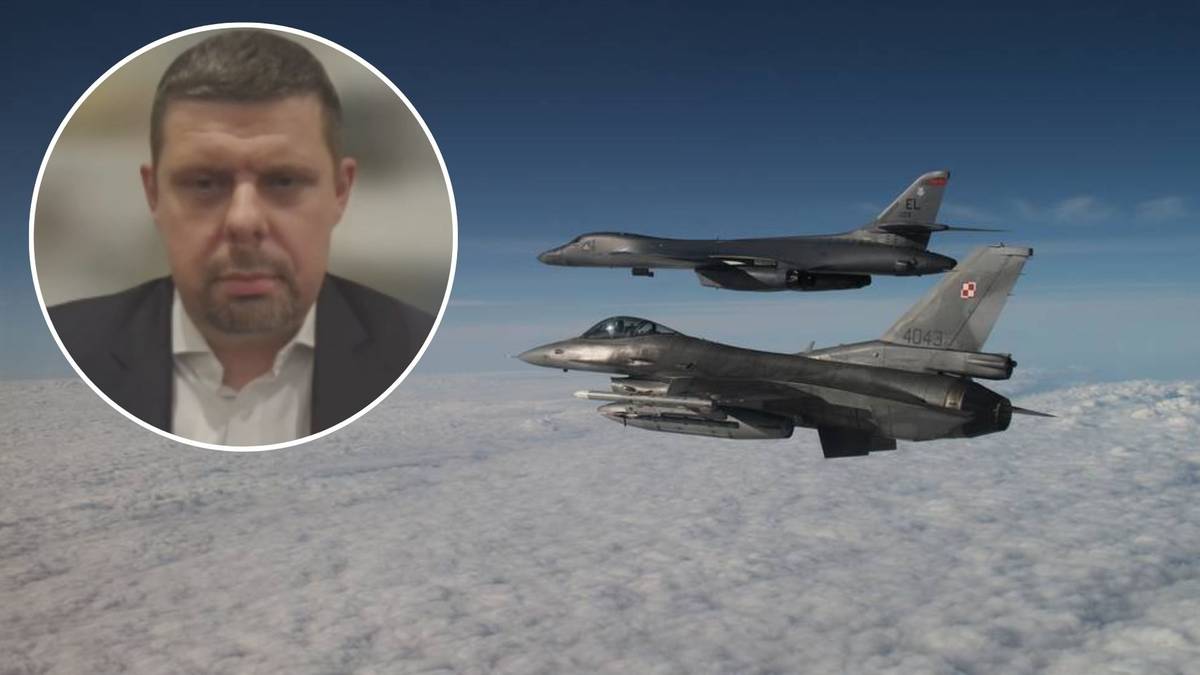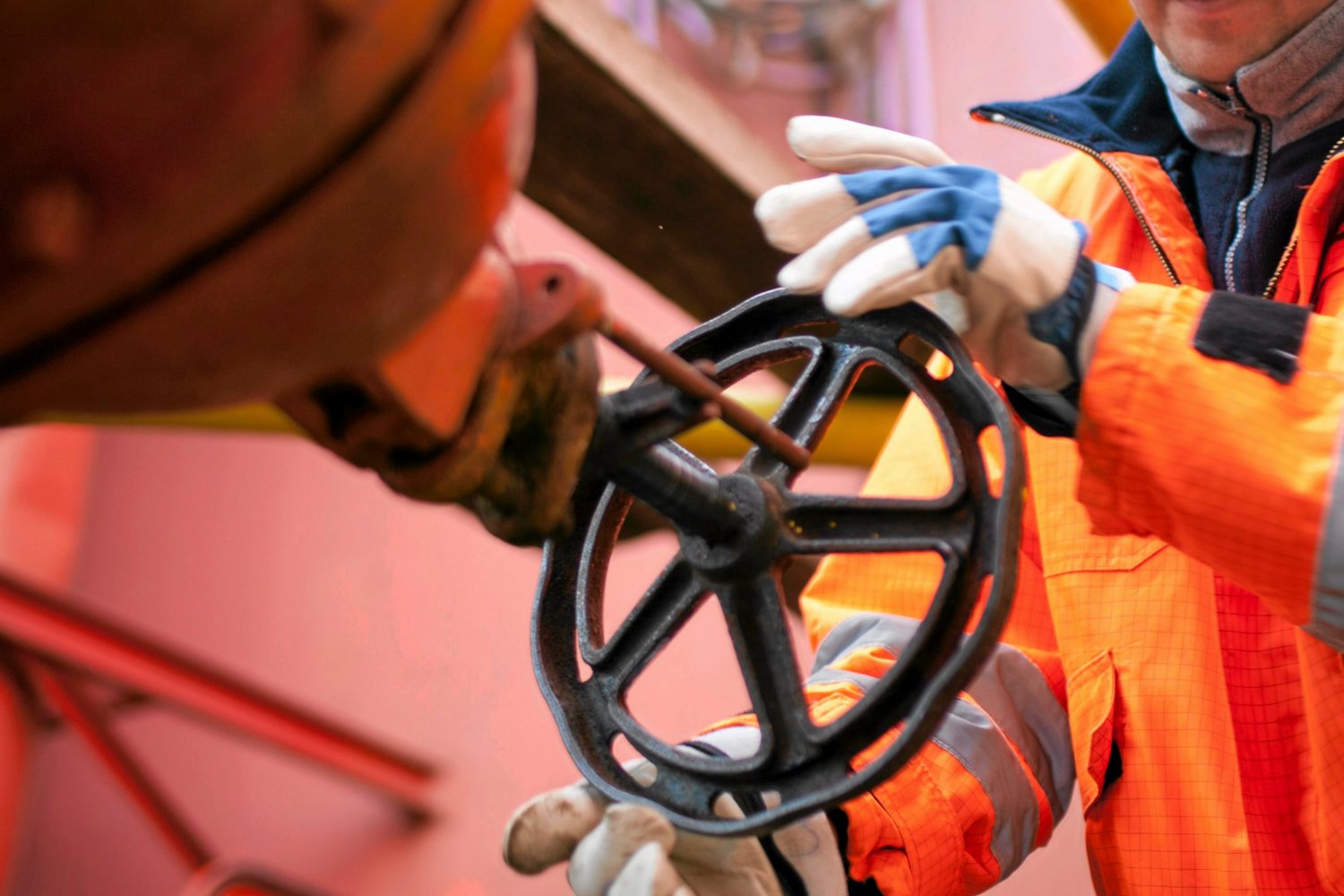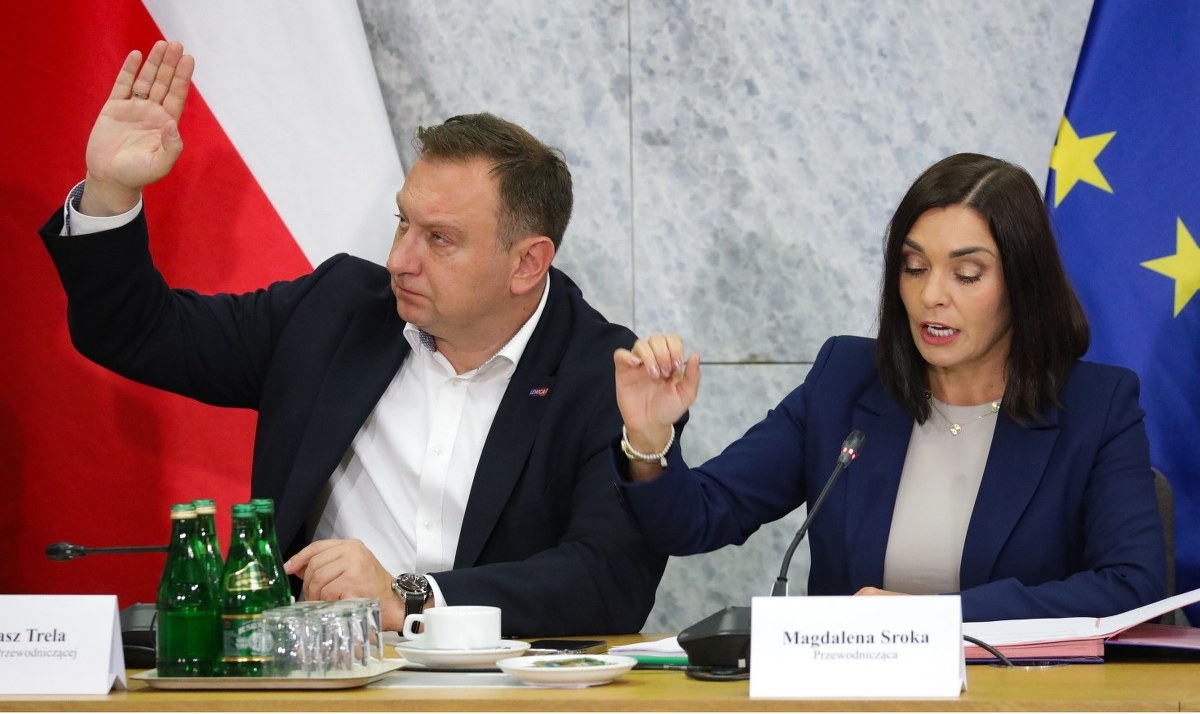She developed: Katarzyna Wozniak, 07.05.2023.
On 15 April 2023, an armed conflict broke out in Sudan between General Abdel Fattah al-Burhan's Army of Sudan (Sudan Armed Forces, SAF) and Paramilitary fast Support Forces (RSF), led by Gen. Mohamed Hamdan Dagalo, known as Hemedti. respective days' struggles between safety forces have deepened the humanitarian and economical crisis in that country. If the conflict is not resolved soon, a long and devastating civilian war is likely.
Parties to the conflict
Both SAF and RSF[1] They are celebrated for their long past of violations of global humanitarian law and human rights violations. SAF and RSF (then under the name Janjaweed) participated in the brutal suppression of uprisings, which was considered war crimes, in Darfur, South Kordofan and Blue Nile. In 2019, the army and paramilitary troops carried out deadly attacks on peaceful protesters before joining civilians and helping overthrow Omar al-Bashir, a dictator who ruled Sudan for 30 years. After the fall of Bashir's regime, power in the country was taken over by the military, and after a period of transitional regulation was to surrender power to civilians. In 2021, erstwhile Sudan had already had hard economical decisions and was on its way to democracy, safety forces carried out a coup. The interim government of Prime Minister Hamdok was dissolved and the Sovereign Council headed by Burhan and his deputy Hemedti took over.

Reasons for the conflict
The transformation of safety forces is the main origin of the conflict. According to an agreement signed in December 2022, the RSF was to be disbanded and its members included in the ranks of the army under 1 common command. The visions of RSF integration into SAF were different. Hemedti wanted the transition period to last 10 years, but Burhan intended to do so within 2 years. The difference of views was 1 of the many causes of the Sudanese conflict. Another reason was wanting to leave Hemedti's shadow. Since the overthrow of Bashir, he has always held second place in the Transitional Military Council (TMC) and then as deputy president in the Sovereign Council, while Burhan has always remained the most crucial figure. Over time, Hemedti's ambitions grew, and with him RSF, which covered the full country. The rivalry between Burhan and Hemedti intensified after the overthrow of the civilian government in October 2021.[2]
The starting point was besides supported by the view left by Bashir's government that the problems are best and most easy solved by force (as well as supporting the maintenance of power). Bashir, during his government, deliberately divided safety forces into SAF and RSF to keep both sides through competitiveness, distrust, suspicion and rivalry. In addition, they provided Bashir with additional safety if either of them attempted to carry out a coup and overthrow the dictator.
Both Burhan and Hemedti want to hold as much power as possible, but this will not be possible if Sudan goes under democratic civilian rule. They are both afraid that after they are removed from power they will face justice for crimes committed against Sudanese civilians. The commanders besides want to defend their interests, as at this point they derive lucrative benefits from sectors that should be under state control, specified as oil refineries or gold mines.
The start of the conflict was besides influenced by external entities supporting SAF or RSF commanders. The global community made a mistake, naively believing that a military junta could surrender power to civilians. Sudan has lost the number and diversity of proposed strategies for the transition from military to democratic governments. Depending on the proposed terms, the ideas of external actors were supported or rejected by Burhan, Hemedti or a civilian coalition.
Conflict course
On 5 December 2022, a framework political agreement on the transformation of safety forces was signed. The agreement was to be finalised on 1 April 2023, but as a consequence of the deficiency of agreement, the parties afraid postponed negotiations for a fewer more days. Therefore, the safety forces decided to hotel to a strength solution.
The armed conflict was expected and both sides had been preparing for conflict for any time, recruiting fresh members. On 13 April 2023, a large contingent of RSF members was deployed close an air base in the northern city of Meroe, where Egyptian air personnel were stationed, who had previously scheduled joint exercises with the army[3]. SAF considered the presence of RSF close the airbase to be unauthorized movements. Mediators, with the support of the UN and QUAD (a block consisting of the US, UK, Saudi Arabia and the UAE), tried to ease the situation, but the fights began 2 days later[4].
On 15 April 2023, an armed conflict between Sudan's interior safety forces began in the morning. The clashes broke out first in the state capital, Khartoum, and rapidly spread to another major cities throughout the country. It is not clear which side fired the first shots[5]. Fighting forces are trying to take control of strategical locations and critical infrastructure: hospitals, airports, news media buildings, government buildings and central bank. Schools, shops, public utility institutions and mosques are being destroyed.

The battles take place around Republican Square in the center of Khartoum, as well as in North Khartoum (Bahri) and neighboring Omdurman. Battleplanes fly low over Khartoum[6]. due to the city’s activity, millions of people were caught in the crossfire. First-needed products rapidly end and supplies are limited[7]. Countless people stuck in their own homes in 40-degree heat, without electricity, sometimes water[8]. deficiency of food and supplies caused consumer goods prices to emergence – e.g. the price of drinking water increased twice or 3 times depending on the region. Urban combat besides restricts the anticipation of providing assistance to those in need[9].
Many countries and organisations have attempted to conduct mediation between SAF and RSF. The three-day agreement was achieved through efforts The Intergovernmental Authority on improvement (IGAD) and the United States and Saudi Arabia. Local organisations including respected and respected people (imams, local leaders and activists) have besides entered the action[10].
On 24 April 2023, the fighting parties agreed to a 72-hour ceasefire. 3 specified agreements were announced within 9 days of the fighting, but no of them were implemented. The mediations conducted on 22 and 23 April allowed for the launch of various evacuation operations by land, air and sea. The evacuation of foreigners in Sudan began immediately. The UN convoy has driven any 700 people out of the capital, where dense fighting took place. The convoy had to cross an 830 km long road from Khartoum to the coastal town of Port Sudan, where there was an evacuation through the Red Sea to neighboring Saudi Arabia. Evacuation operations took place in respective stages. Egypt evacuated its citizens by land, Greece by air via Egypt and then to Athens. The Germans evacuated to Jordan and from there to Berlin, and the United States transported their citizens to Djibouti. Saudi Arabia carried out an evacuation by land to Port Sudan and then by air or sea to a port in Jeddah. Both Port Sudan in Sudan and the port in Jeddah were transfer sites, and Saudi armed forces played the top function in helping to evacuate citizens of another countries. During these operations, there were no incidents; among others, the Turkish evacuation aircraft was shelled and needed repair, after it suffered harm to the fuel system, an worker of the Egyptian embassy who was heading towards it was besides killed to coordinate the evacuation operation[11].

On 27 April 2023, SAF and RSF agreed to extend the ceasefire for an additional 72 hours[12]. The area did not last long, as there was a fire exchange on 28 April 2023. It is unclear which side first broke out of the ongoing truce.
In safer parts of Khartoum and the region of Gezira and the Blue Nile, people organized marches and vigils to call for the end of the war. The hashtag “No_to_War” became popular in Arabic, which rapidly spread on social media. The Sudanese condemn the war due to the fact that in each of the fighting parties they are close to them who lose their lives and their health[13].
On 30 April 2023, the fighting parties to the conflict declared that the ceasefire agreement would apply for another 72 hours. Its conditions were not full met, as there was one more time an exchange of fire between the parties to the conflict[14].
On 2 May 2023, the Ministry of abroad Affairs of South Sudan reported that Burhan and Hemedti agreed to a seven-day ceasefire – from 4 to 11 May 2023, SAF and RSF are to appoint representatives to represent conflicted parties in peace talks. The truce was extended by the efforts of the east African regional block of IGAD[15]. However, despite the ceasefire, there were shootings.
Narration occurring during conflict
The conflict between the 2 largest safety forces in Sudan creates a space to spread disinformation, manipulation and propaganda to " conquer the hearts and minds of people". The fight is fought for power and public support, and military leaders mention mainly to the past of the opponent to discourage the Sudanese from his individual and government. Hemedti tries to make himself as a defender of democracy and civilians, and Burhana is portrayed as a extremist Islamist to a faithful erstwhile regime. Hemedti tried to court the favors of civilian elites and utilized society's negative attitude towards the army as an historical enemy[16]. In addition, the fast Support Force claimed to have helped coordinate and supported evacuation operations. Reports were corrected by Undersecretary of State for the Management of John Bass, who said that the RSF “co-operated to specified an degree that they did not shoot our soldiers during the operation”[17].
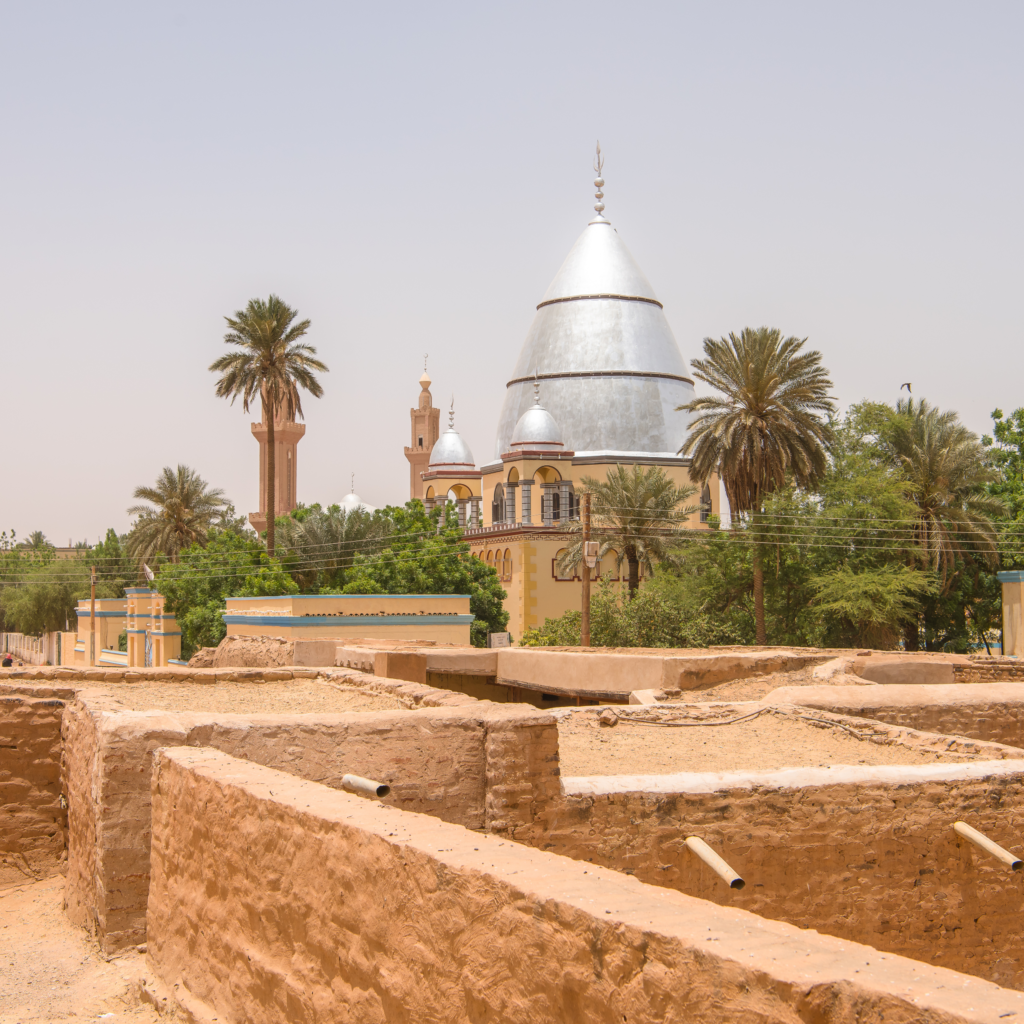
Rumors arose that the army wanted to make a historical border defender who helped suppress the revolt in Darfur in 2000. The head of the Musa Hilal tribal militia is Hemedti's longtime rival. They compete for political and economical influence in Darfur, where both have shares in gold mining[18].
Social media is full of conflicting information about taking control of individual areas. Fact-checking agencies, press organizations and social media users are working hard to verify messages provided by SAF and RSF. For example, the demolition of the Sudan Armed Forces General Command building (SAF) was confirmed, but the RSF's claim to shoot a SAF aircraft was refuted – it turned out that the available footage came from Syria in 2020.[19]
Financing and equipment of combatants
The Sudanese army has air forces and dense weapons. However, SAF soldiers are modestly trained in conventional battles and conventional warfare activities[20]. SAF is financed by the state, which bases its income on the sale of oil, but this process is disrupting the ongoing interior struggles.
Over 2 decades, the number of RSF members has increased to over 100,000. RSF members are well trained in guerrilla tactics and have military experience due to the Yemeni War[21]. Cameron Hudson, a erstwhile U.S. State Department authoritative and elder associate at the Center for strategical and global Studies (CSIS), said that "The Wagner Group delivers [RSF – KW] portable air defence systems, shoulder rockets and anti-tank guns"[22]. The RSF has financial resources through the control of most gold mines in the Darfur Rhine. The United arabian Emirates and Russia are the largest importers of Sudanese gold. The RSF were maintained by Saudi Arabia and the United arabian Emirates, among others, in exchange for their participation during the Yemeni war against Huti.
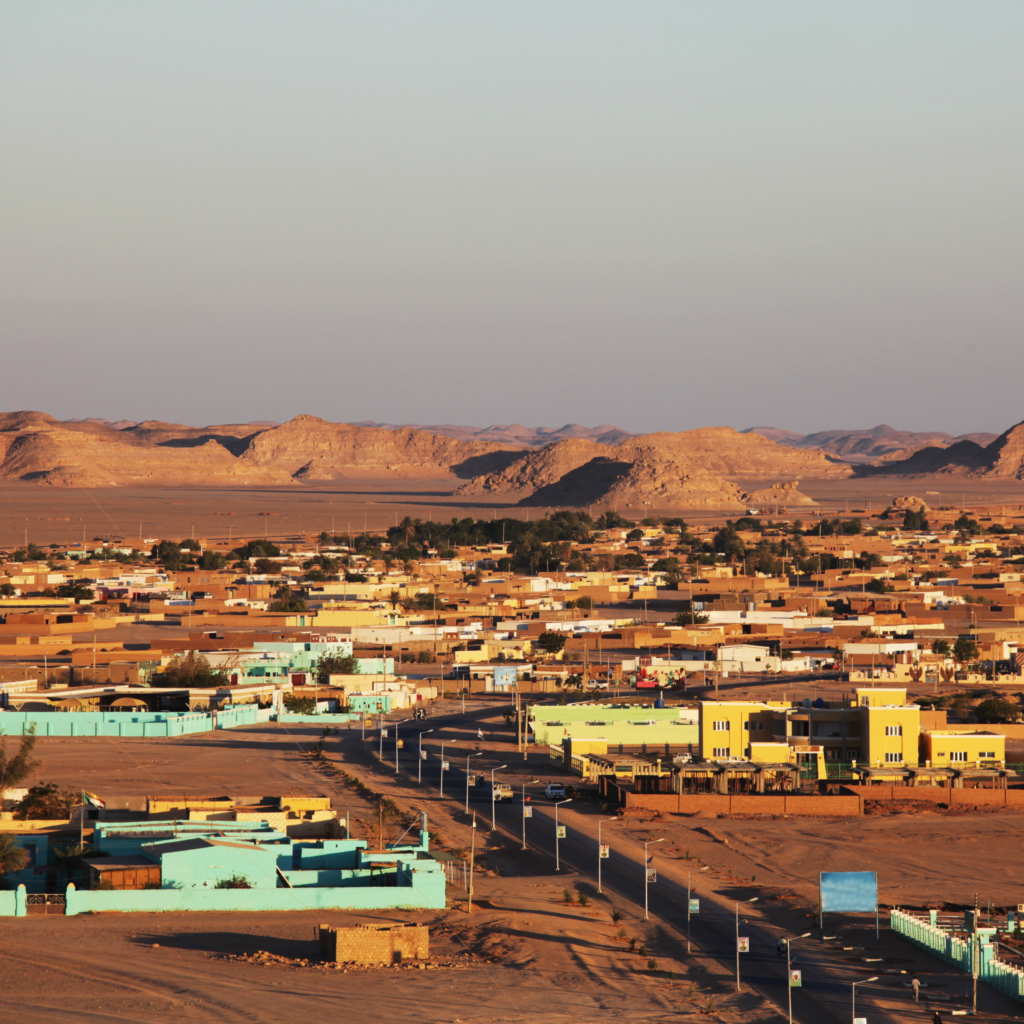
Support for combating parties
Both sides are trying to build interior and external alliances that can tip the scales of victory. SAF has the support of Hemedti's opponents from Darfur: Minni Minawa from the Sudan Liberation Army (SLA) and current finance minister Jbrila Ibrahim, who is besides the leader of the Justice and Equality Movement (JEM). The Sudanese army is favored by Egypt, who sees the neighbour as an ally on the conflict over the Nile and the large Rebirth Dam in Ethiopia.
The Russian Federation and Wagner Group support Hemedti, who supported the creation of a Russian naval base in the Red Sea. In addition, the paramilitary RSF forces aid Wagner Group mercenaries defend Russian gold processing in Sudan[23].
In January 2023 the president of Chad accepted in Njaman the commander of SAF, Gen. Burhan, and on the second day – the commander of RSF Gen. Dagalo to show the atmosphere of neutrality. However, the Chadian interim government leans towards SAF, as taking power by irregular forces, in which many members come from the Chadian-Sudań border, would jeopardise Chad's stability. According to the French paper Le Monde, the Chadian authorities are afraid that the RSF's triumph will strengthen the political and military ambitions of the Chadian Arabs. It should be borne in head that Hemedti's cousin is the chief of staff of president Chad. In addition, the Rizeigat clan, from which Hemedti is from, moved from Darfur to Chad. Shortly after the conflict began, neighbouring Chad closed the borders with Sudan. He later announced that he had accepted over 320 Sudanese deserters[24].
Effects of the conflict
It took a fewer days of fighting to realize that the consequences of the conflict would be long-term. wellness care facilities and ambulances are being attacked and looted. any hospitals are not functioning and others are close to suspending their activities due to deficiency or fatigue of employees and shortages of supplies[25]. The planet wellness Organization in Khartoum has reported that more than 60% of wellness care facilities are closed, and only 16% are functioning normally[26]. The hospitals are moving out of drugs and food. Blood and transfusion equipment, intravenous fluids and medical supplies are besides missing. Hospitals besides study water, electricity, fuel and food shortages for patients[27].
According to data from the Sudanese Ministry of Health, at least 512 people were killed by 28 April 2023 and more than 4,000 injured[28]. The actual number of fatalities and injuries is higher due to the fact that the current data only covers deaths reported to wellness care facilities.
W Sudan has continued an outbreak of dengue and malaria before the beginning of the conflict, and the harm to water infrastructure and fighting caused by the conflict can aid exacerbate the epidemic. The National Public wellness laboratory is occupied, where the blood bank is besides located. The WHO states that ‘trained laboratory technicians no longer have access to the laboratory and it is not possible to decently manage biological materials stored in the laboratory for medical purposes at power interruptions’. The laboratory contains cholera, polio and measles samples that pose a serious chemical and biological threat.[29]. It has not been made public which of the fighting parties occupies the laboratory.
The increased migration movement is noticeable. Nearly 100,000 Sudanese were forced to leave their homes and search refuge in safer places, including neighbouring Egypt, Libya, Chad, Central African Republic, South Sudan, Ethiopia and Eritrea[30]. Within a week of the start of the fighting, 20,000 Sudanese, mostly women and children, fled the Darfur region to neighboring Chad[31]. On the another hand, Egypt reported that from 15 to 28 April 2023 the border exceeded at least 14,000 Sudanese refugees and 2,000 people from another countries.[32]. Even before the conflict began, nearly 16 million people in Sudan needed humanitarian aid. As a consequence of the current interior fighting, the number of people in request will surely increase[33].
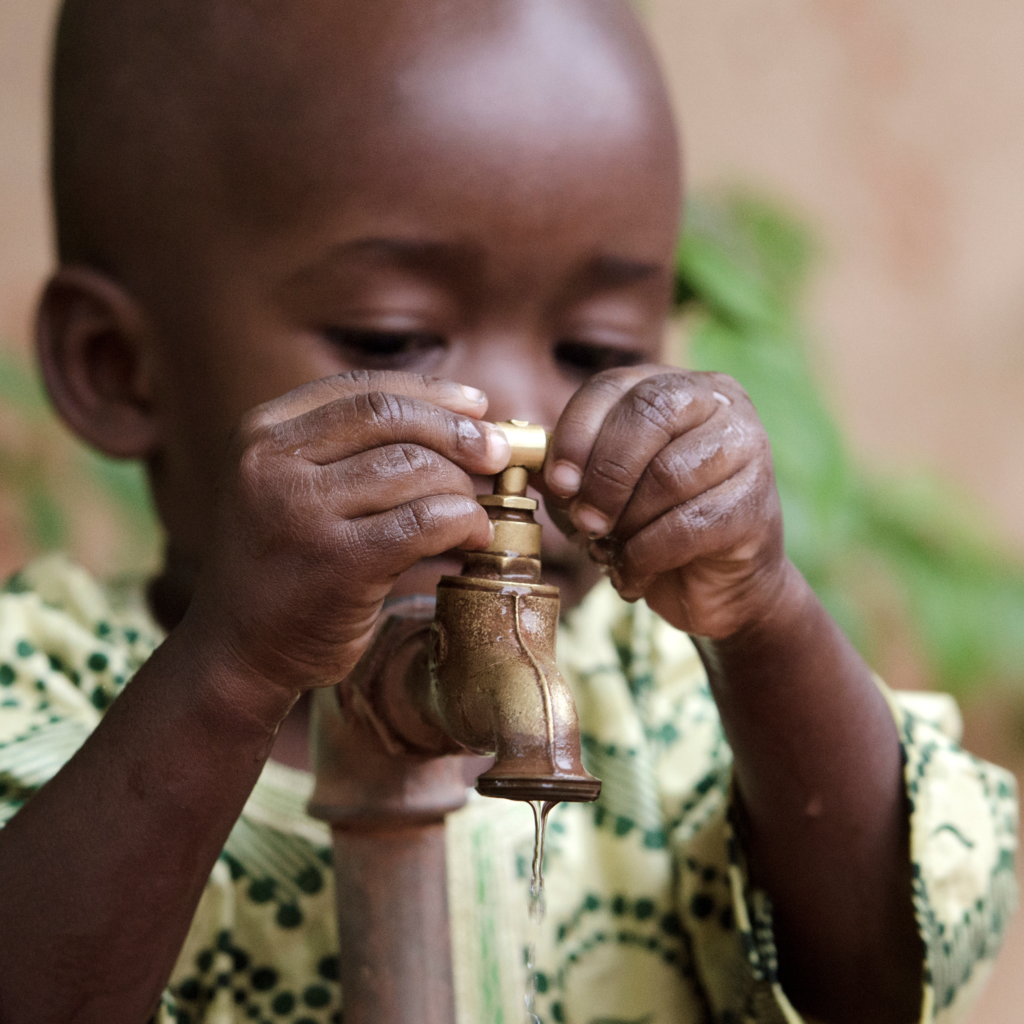
Internet and telecommunications networks are restricted. On 23 April 2023, failures were observed in operators Sudan, Kanar and partially Zain. SAF accused RSF of sabotaging the net network and attempting to control El Jeila oil refinery in east North Khartoum[34].
A major hazard to interior safety in Sudan is the beginning of prisons and the release of those detained there. The El Huda prisoners confirmed reports that they were released by members of the RSF. Hundreds of women left the Omdurman prison after his bombing during violent clashes close the national radio and tv building[35]. The eyes of everyone besides turned to Kober Prison in North Khartoum, where respective leaders from the erstwhile government were held. Local press reports that on 25 April 2023 an effort by the guards to attack came there. SAF assumed work for his safety[36]. The RSF is suspected to want to recover any of its members by releasing prisoners who have served prison sentences, and to destabilise the functioning of an army focused on fighting the RSF.
Because of the deficiency of access to drinking water, food, medical care, and electricity, prison authorities themselves decide to open prisons. Inmates were released from Shala, Nyala, Ed Daein, Soba and Kober. The Ministry of the Interior has not given any explanation as to whether these were targeted actions by the government[37]. The release of Kober prisoners caused public unrest and concerns due to the fact that there were people wanted by the global Criminal Court for crimes committed in Darfur, including Omar al-Bashir, Haroun and Hussin. Anonymous military sources said "Associated Press" that the above mentioned persons were transported to a military infirmary over 3 months before the conflict began. The military infirmary confirmed his patient is Bashir. Haroun, on the another hand, made a comment on Sudan TV, in which he stated that the prisoners had been released and that he intended to appear before the court after the conflict ended. Additionally, Haroun declared his support for SAF. The military denied the release of prisoners from Kober and accused of impersonating the RSF, which in turn replied that the SAF had freed supporters of the erstwhile government to reconstruct erstwhile governments.
Deepening the economical crisis in Sudan will increase unemployment, which will encourage young society, especially men, to join forces fighting to receive salaries and profit from looting[38].

Summary
The global environment since Bashir's fall in 2019 has been trying to lead Sudan towards democratic rule. Past trials have failed or functioned for a short time. Again, various parties, alliances and organizations are trying to get Burhan and Hemedti to dialogue, but it is improbable that a lasting truce between the conflicted parties will be concluded. The most dangerous, but likely script for Sudan is the reshaping of the conflict in the long-term civilian war, which can affect neighbouring states and, in particular, border regions where cultural and tribal divisions exist. The long-term conflict will have a negative impact on Sudan and the region. The transition to democratic regulation will be hampered, human rights violations will increase, humanitarian, migration and economical crisis will deepen. Conflicted parties will search allies who will support their military and political actions, deliver weapons and intercede for them internationally. Another equally probable script is simply a political deadlock or a return to position quo ante bellum. This may be difficult, however, due to the fact that both Burhan and Hemedti believe that they can prevail in this conflict.
[1] fast Support Forces (RSF), led by Gen. Mohamed Hamdan Dagalo known as Hemedti, in 2013 evolved from Janjaweed militia, who is accused of war crimes and human rights violations. In 2015, they became regular armed forces and in 2017 a fresh law was passed, making them independent safety forces. M. El Doh, Sudan Conflict: More Complex than Meets the Eye, ‘Geopolitial Monitor’, 21.04.2023, https://www.geopoliticalmonitor.com/sudan-conflict-more-complex-than-meets-the-eye/, 3.06.2023.
[2]Stopping Sudan’s Descent into Full-Blown civilian War, ‘International Crisis Group’, 20.04.2023, https://www.crisisgroup.org/africa/horn-africa/sudan/stopping-sudans-descent-full-blood-civil-war, 28.04.2023.
[3]Stopping Sudan’s Descent into...
[4] Ibid.
[5] Ibid.
[6]USAID defloys ‘disaster team’ for Sudan asviolence continues and wellness care collapses,‘Dabanga’, 24.04.2023, https://www.dabangasudan.org/en/all-news/article/usaid-defloys-disaster-team-for-sudan-as-violence-continues-and-health-care-collapses, 29.04.2023.
[7]Stopping Sudan’s Descent into...
[8] Ibid.
[9] Ibid.
[10]Darfur update: clashes in El Geneina, extended poison in El Fasher, and popular initiatives in Nyala, ‘Dabanga’, 25.04.2023, https://www.dabangasudan.org/en/all-news/article/darfur-update-clashes-in-el-geneina-extended-truce-in-el-fasher-and-popular-initiatives-in-nyala, 29.04.2023.
[11]Us State Secretary Announces 72-HR Ceasefire,‘allAfrica’, 24.04.2023, https://allafrica.com/stories/202304250007.html, 29.04.2023.
[12]Sudan’s fragile casefire extended, IGAD proposes to mediate, ‘Dabanga’, 28.04.2023, https://www.dabangasudan.org/en/all-news/article/sudans-fragile-casefire-extended-igad-proposes-to-mediate, 2.05.20123.
[13]Fighting leads to net cuts, Sudanese protests against the war,‘Dabanga’, 24.04.2023, https://www.dabangasudan.org/en/all-news/article/fighting-leads-to-internet-cuts-sudanese-protests-against-the-war, 29.04.2023.
[14]UN: Sudan Fighting Could Force 800,000 to Fleet, ‘Voice of America’, 1.05.2023, https://www.voanews.com/a/sudan-s-warring-factors-announce-case-fire-extension/7073182.html, 2.05.201223.
[15]Sudan warring parties agree to 7-day poison from May 4, ‘Africanews’, 2.05.2023, https://www.africanews.com/2023/05/02/sudan-warring-parties-agree-to-7-day-truce-from-may-4/, 3.05.2023.
[16]Stopping Sudan’s Descent into...
[17]Sudan rivals pledge evacuation help, US diplomats airlifted, "Arab News", 24.04.2023, https://www.arabnews.com/node/2291491/middle-east, 2.05.2023.
[18]Stopping Sudan’s Descent into...
[19]Hemedti manoeuvres to brand war against Sudan army as fight against erstwhile regiment Islamists, ‘Dabanga’, 17.04.2023, https://www.dabangasudan.org/en/all-news/article/hemeti-manoeuvres-to-brand-war-against-sudan-army-as-fight-against-former-regime-islamists, 2.05.2023.
[20]M. El Doh, Sudan Conflict: More Complex...
[21] Ibid.
[22] The president Russia’s Wagner Group Could Fuel Conflict in Sudan, Experts Say,‘Voice of America’, 26.04.2023, https://www.voanews.com/a/russia-wagner-group-could-fuel-conflict-in-sudan-experts-say/7067192.html, 2.05.2023.
[23] P. Both, Sudan: Russia’s Wagner Group and the catch for power and gold, ‘Deutsche Welle’, 26.04.2023, https://www.dw.com/en/pmc-russias-wagner-group-in-sudan-gold-military-junta/a-65439746, 2.05.2023.
[24]Chad feats rising Tribal tensions if RSF wins, as up to 20,000 Sudanese refugees crossed its border,‘Dabanga’, 24.04.2023, https://www.dabangasudan.org/en/all-news/article/chad-fears-rising-tribal-tensions-if-rsf-wins-as-up-to-20000-sudanese-refugees-crossed-its-border, 29.04.2023.
[24] M. El Doh, Sudan Conflict: More Complex...
[25] A. van Wyk, Sudan: 'Worst Place To Be Is On the Road' – WHO Speaks on Emergency civilian Aid in Sudan,‘allAfrica’, 20.04.2023, https://allafrica.com/stories/202304200387.html, 29.04.2023.
[26]UN humanitarians will return to Khartoum ‘as rapidly as possible’: UN aid coordinator, ‘UN News’, 27.04.2023, https://news.un.org/en/story/2023/04/1136147, 2.05.2023.
[27] A. van Wyk, Sudan: 'Work Place To Be Is...
[28]Fierce fighting races across Sudan despite casefire extension, ‘Radio France International’, 28.04.2023, https://www.rfi.fr/en/africa/20230428-fierce-fighting-rages-across-sudan-despite-casefire-extension, 2.05.2023.
[29]Sudan: UN aid operation continues amide dire humanitarian conditions, ‘UN News’, 25.04.2023, https://news.un.org/en/story/2023/04/11355992, 29.04.2023.
[30]USAID defloys ‘disaster team’ for Sudan...
[31]Chad Fears rising Tribal tensions if RSF wins...
[32]Fierce fighting rages across...
[33]USAID defloys ‘disaster team’ for Sudan...
[34]Fighting leads to net cuts, Sudanese protests against the war,‘Dabanga’, 24.04.2023, https://www.dabangasudan.org/en/all-news/article/fighting-leads-to-internet-cuts-sudanese-protests-against-the-war, 29.04.2023.
[35]Attacks on prices in Sudanese capital free thousands of inmates, ‘Dabanga’, 25.04.2023, https://www.dabangasudan.org/en/all-news/article/attacks-on-prisons-in-sudanese-capital-free-thousands-of-inmates, 30.04.2023.
[36]Attacks on prices in Sudanese...
[37] Ibid.
[38] N. Westcott, What Will Happen in Sudan?,‘African Arguments’, 19.04.2023, https://africanarguments.org/2023/04/what-will-happen-in-sudan/, 28.04.2023.


